There’s a certain rhythm to life in the bush — one that can’t be rushed or predicted. And for many guests at Shumbalala Game Lodge, the most meaningful moments aren’t always the ones that make it onto Instagram. A real safari is about more than ticking animals off a list. It’s about the process — the waiting, the watching, the wondering.
Stargazing on Safari: Finding Perspective Under Africa’s Night Sky
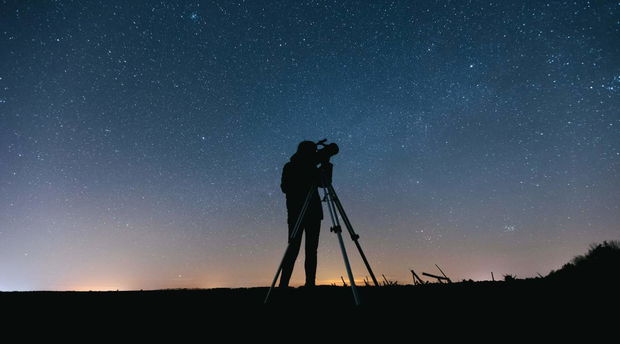
Sometimes, in the rush of daily life, we forget to look up. Our attention is drawn to screens and schedules, keeping our focus on what’s directly in front of us. But the night sky has always been a source of wonder. For centuries, civilisations have used the stars to navigate, tell stories, and mark the passing of time.
Out here, in the African wilderness, the sky at night is as enchanting as it has always been. Far from artificial lights, Shumbalala Game Lodge offers a front-row seat to the vast expanse above - where the Milky Way glows, planets shimmer, and constellations trace their ancient paths.
A Moment to Pause
A safari is more than just spotting wildlife - it’s an opportunity to slow down and reconnect with the rhythms of nature. The soft rustling of leaves, the calls of night birds, and the changing colours of the horizon invite us to be present.
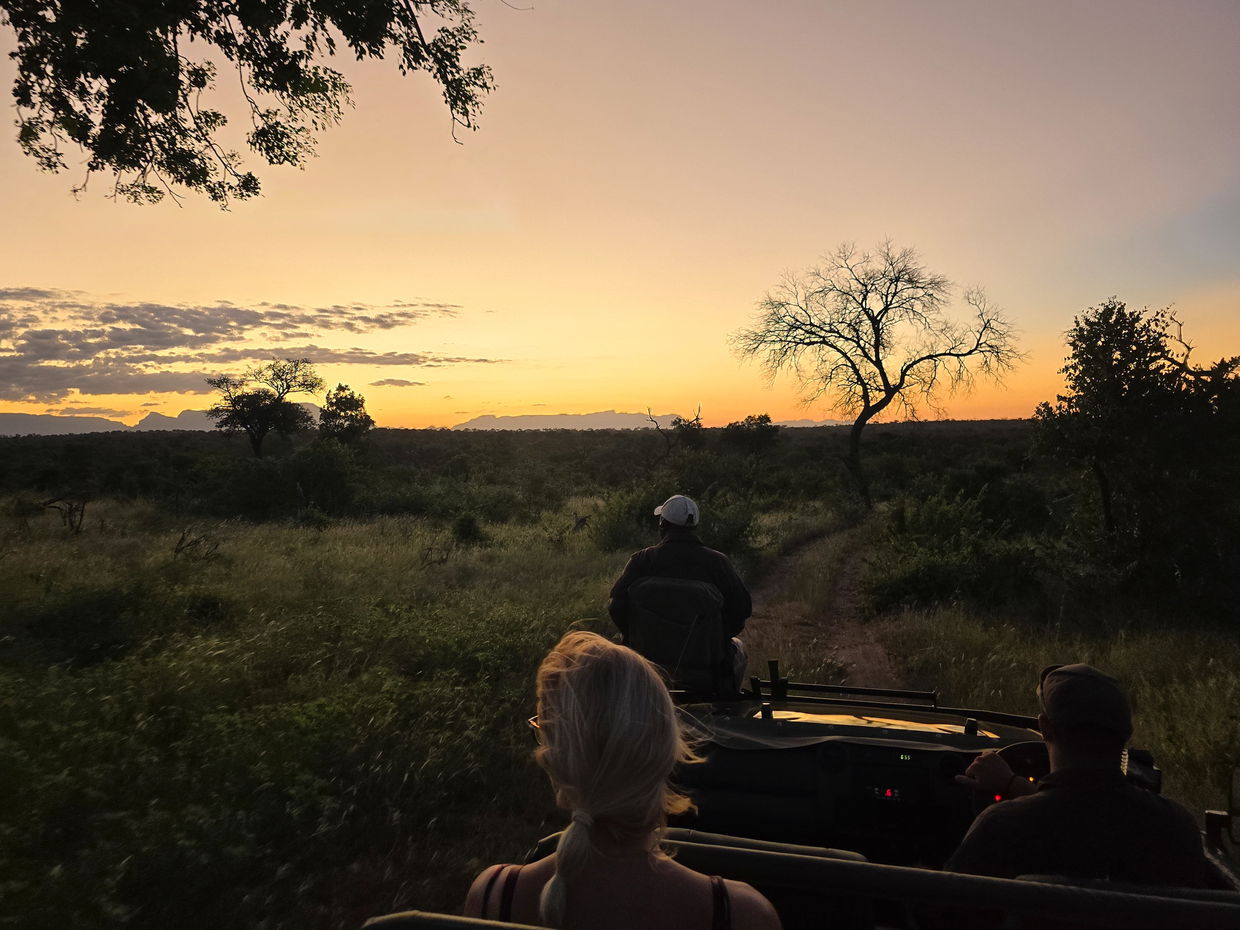
And then, night falls.
Under a sky filled with countless stars, there’s a sense of something greater. It shifts our perception, reminding us how much exists beyond our daily routines. In this quiet vastness, we are connected - not just to nature, but to the universe itself.
The Dung Beetle: A Tiny Navigator Under the Stars
While humans have used the stars to navigate for centuries, we are not the only ones. The African dung beetle (Scarabaeus satyrus) is a remarkable example of an insect that relies on celestial cues to find its way.
These tiny creatures play a vital role in the ecosystem, collecting and rolling dung away from a main pile to bury it underground. This helps fertilise the soil and recycle nutrients back into the environment. But in the competitive world of dung beetles, speed is everything - if they don’t move fast, another beetle might steal their hard-earned prize.
To escape quickly and efficiently, dung beetles need to move in a straight line, ensuring they don’t circle back to the chaos of the dung pile. But how do they do this in the dark?
Scientists discovered that Scarabaeus satyrus uses the Milky Way as a guide, making it the first known insect to navigate by the stars. Even on moonless nights, these beetles can maintain their direction by following the faint glow of our galaxy across the sky.
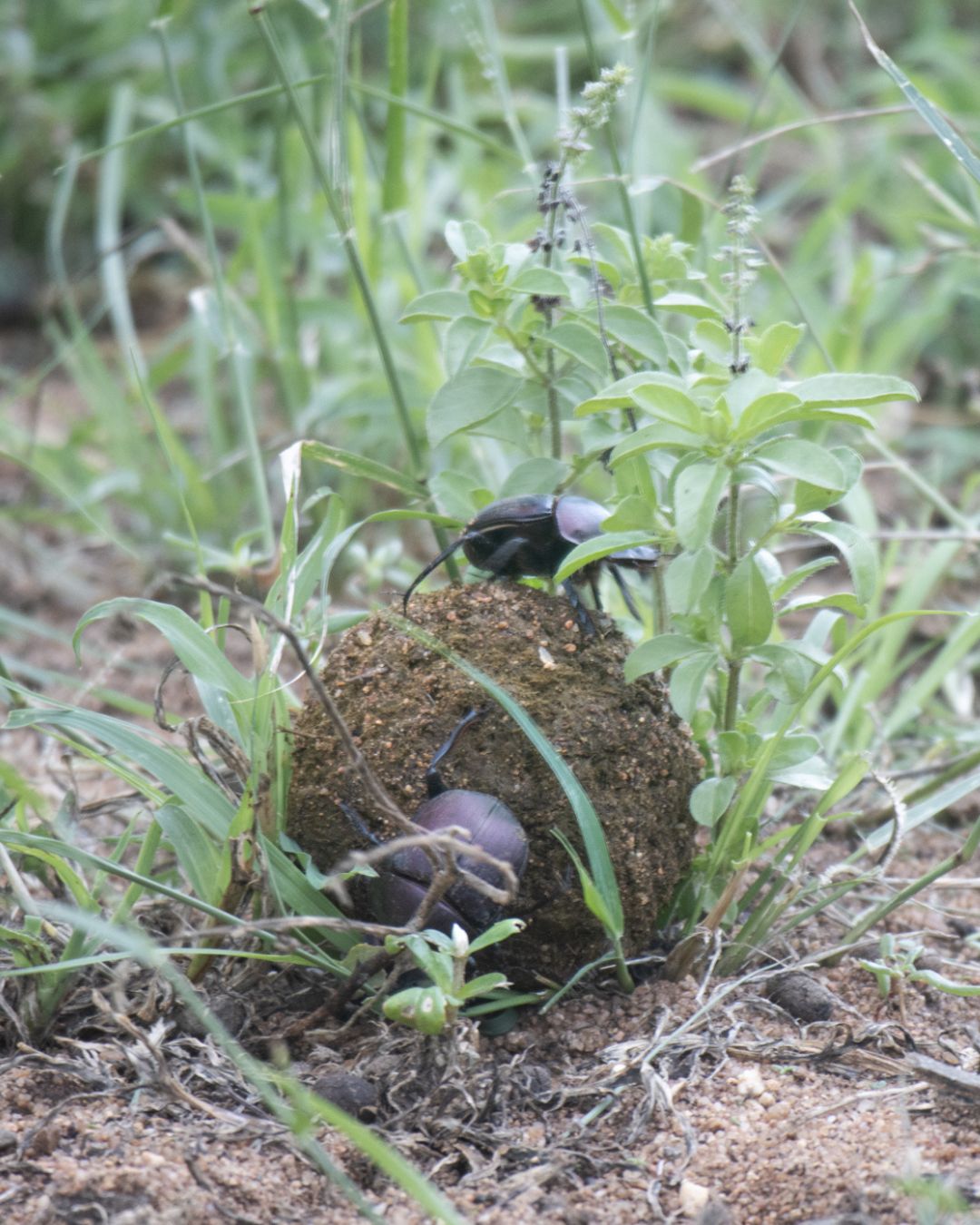
Stargazing at Shumbalala Game Lodge
With no artificial light to dim the view, the night sky at Shumbalala Game Lodge is a spectacle in itself. The Milky Way spills across the heavens, planets glimmer like distant lanterns, and familiar constellations reveal themselves in stunning detail.
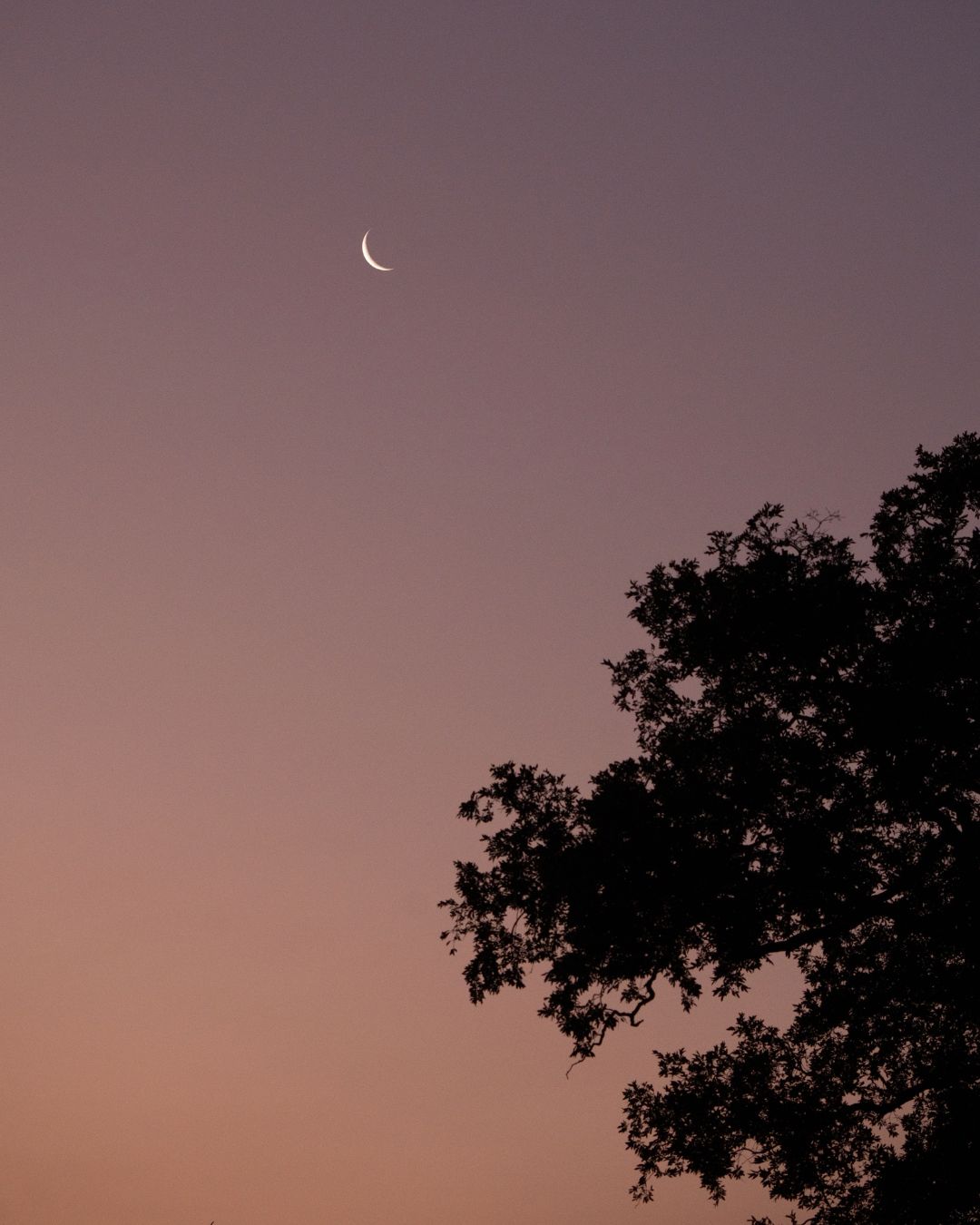 Photo credit: Jordi Woerts
Photo credit: Jordi Woerts
Out on a night drive, the bush comes alive in unexpected ways. As our guides help you trace celestial patterns - Orion’s Belt, the Southern Cross, and planets glowing in the darkness - another set of eyes might be watching. A lion moves silently along the road, awake for the night - a reminder that the darkness belongs to more than just the stars. Listen as our guides share the myths and legends woven around the constellations - stories that have guided travellers for centuries.
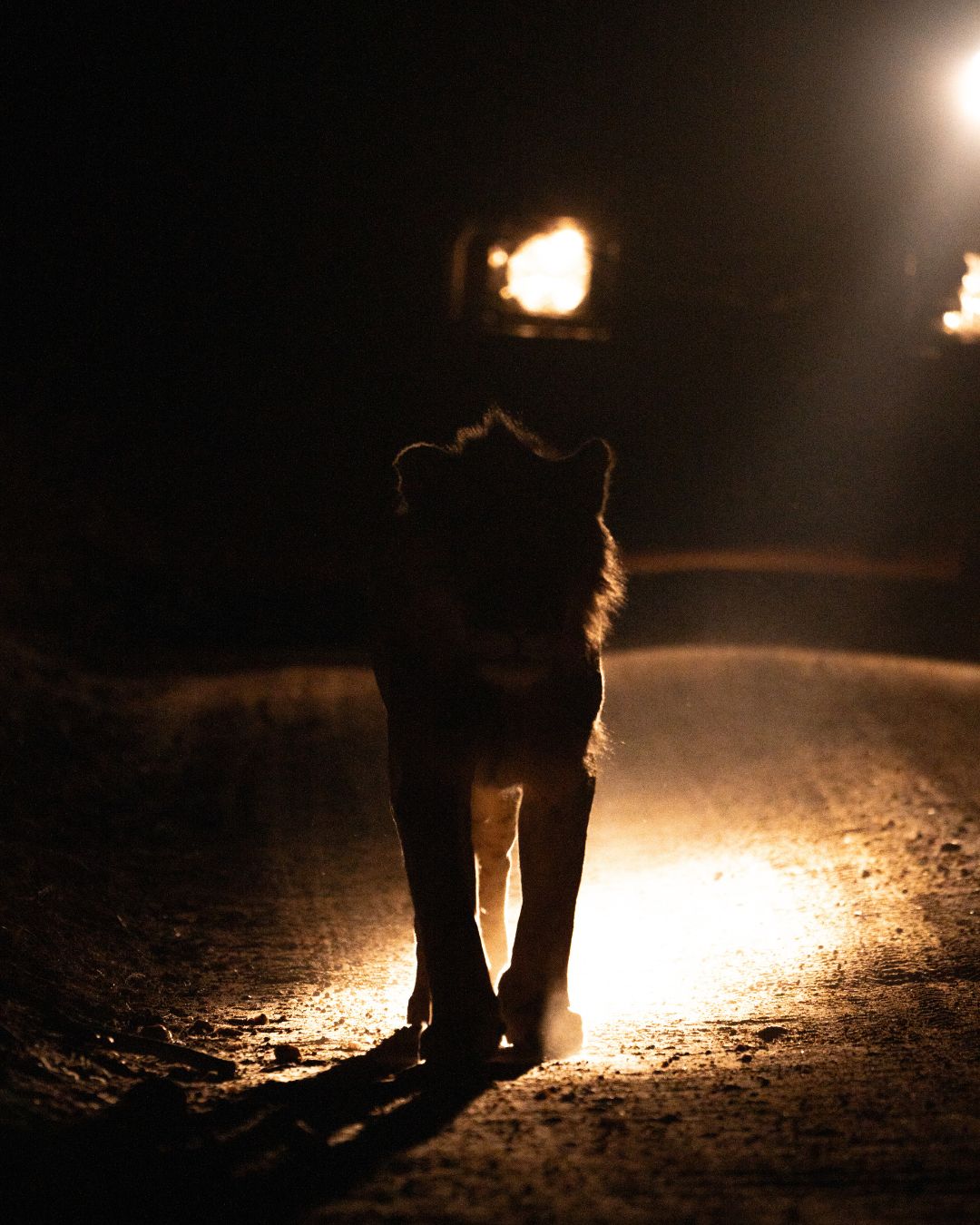 Photo credit: Jordi Woerts
Photo credit: Jordi Woerts
Back at the lodge, the experience continues. Settle in by the fire, a nightcap in hand, as the sounds of the African bush hum softly in the background. The embers glow, the night air carries a crisp stillness, and above you, an entire universe reveals itself - silent, infinite, and waiting to be enjoyed.
For those who want to explore even further, Shumbalala Game Lodge offers an exclusive Night Sky Safari for groups of four or more on request. Led by an expert guide who brings the wonders of the night sky to life, this experience takes you on a guided journey through the stars, with breathtaking views through a specialised GPS-aligned telescope. This special experience is available at an additional cost - just let us know in advance so we can arrange it for you.

March’s Celestial Events
If you find yourself at Shumbalala Game Lodge this March, here are a few astronomical events to watch for:
🌕 Total Lunar Eclipse – 14 March: The Moon will pass through Earth’s shadow, turning a deep, rusty red. A reminder of the ever-changing nature of our universe.
☀️ Vernal Equinox – 20 March: A moment of perfect balance, where day and night are nearly equal, marking the change of seasons. A time to reflect on cycles, transitions, and renewal.
Looking Up, Looking In
There’s an old saying: “Sometimes, you have to lose sight of the shore to discover new oceans.” Perhaps the same applies to the sky. When we take a moment to look up, we shift our focus outward - but in doing so, we also make space for reflection within ourselves.
The humble dung beetle follows the stars instinctively, trusting a path it cannot fully see. Maybe there’s a lesson in that for us, too.
Next time you find yourself under a sky full of stars, take a moment to simply be. Let the quiet vastness put things into perspective. The universe has been here for billions of years - sometimes, all we need to do is look up and take it in.
Further Reading
If you’re planning your honeymoon and find yourself torn between golden beaches and something a little different, you’re not alone. The beach is a classic choice — but we’re here to let you in on a little secret: A honeymoon in the bush is something magical. And at Shumbalala Game Lodge, in the heart of the Thornybush Private Nature Reserve, it might just be the most romantic escape you never knew you...
At Shumbalala Game Lodge, some mornings come with coffee and a view. Others come with coffee and elephants. You never quite know which — and that’s part of the magic. The birds are calling, the air is crisp, and the day begins slowly, just as it should in the bush. Then, through the thickets, the unmistakable sound of movement. A soft crackle of leaves, the low rustle of branches — and then,...

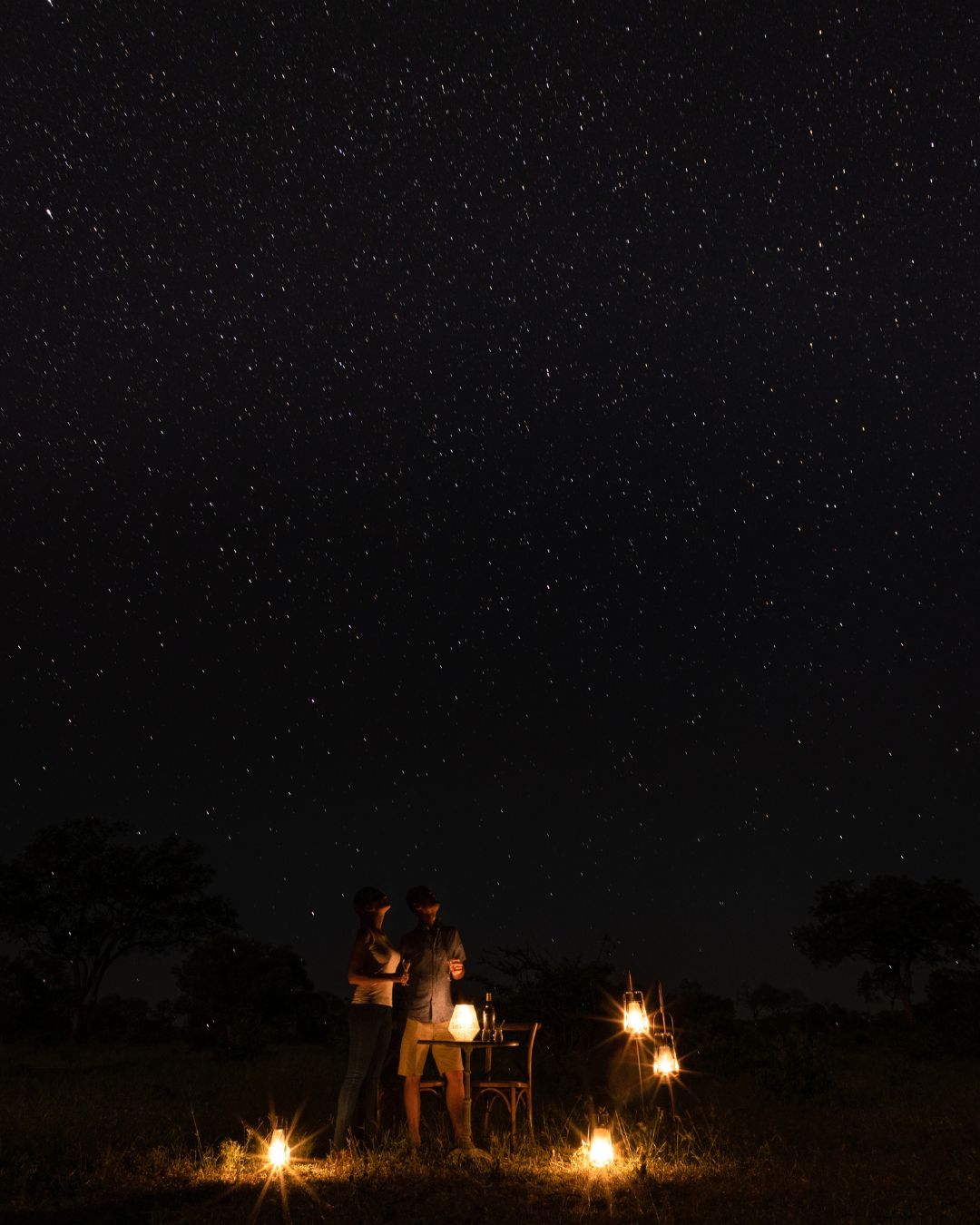
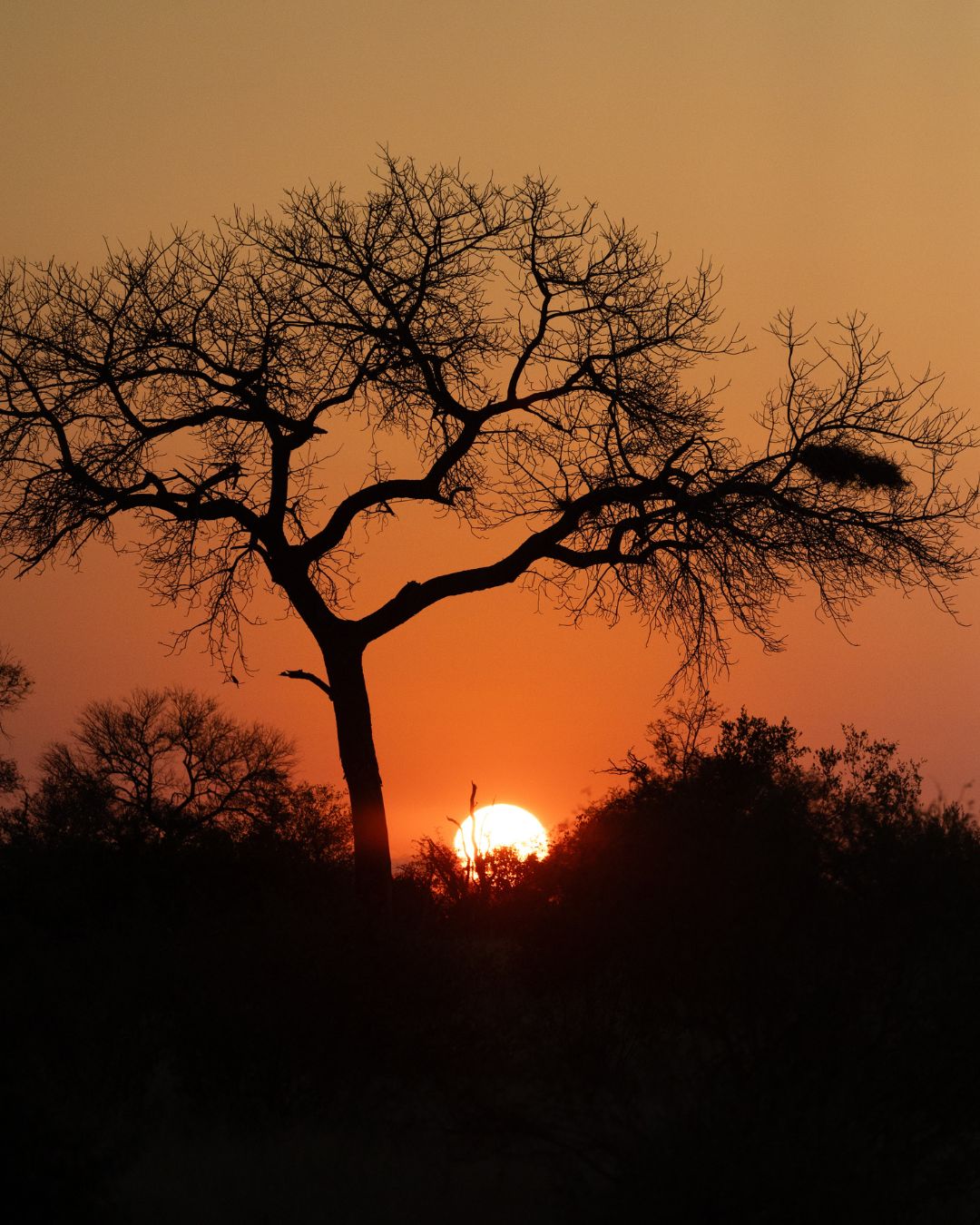
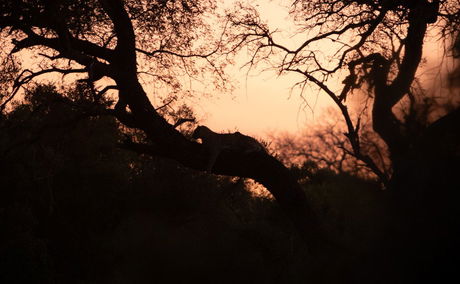

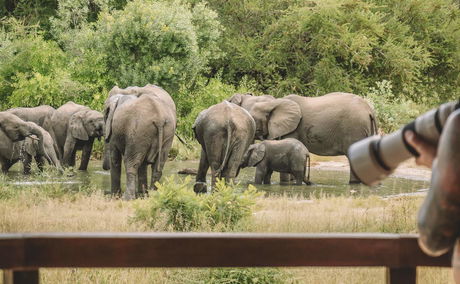


Share This Post